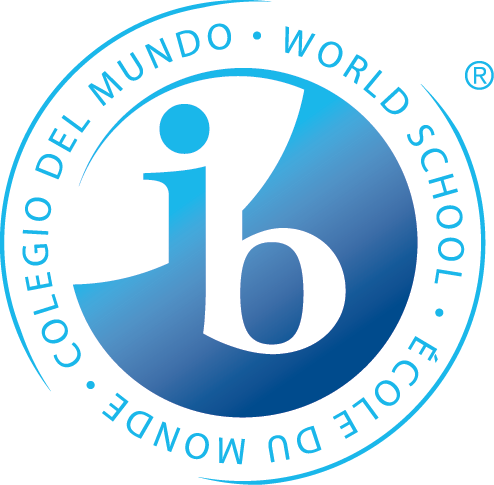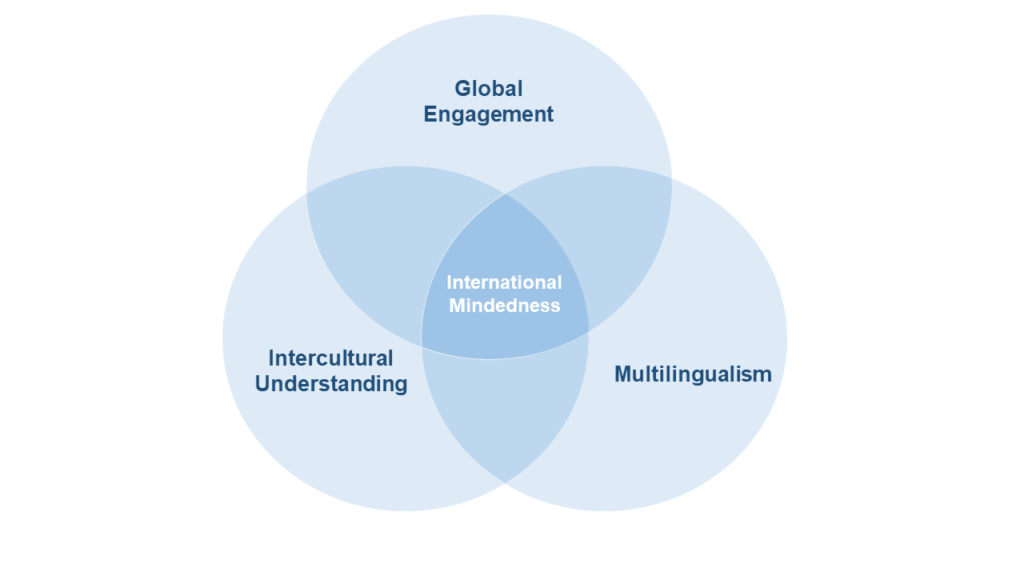We are an IB World School. The International Baccalaureate Primary Years Programme (PYP) is the framework used for the delivery of our curriculum which is informed by the National Curriculum. Our core values, Aspire, Learn, Laugh, Love linked to the IB learner profile attributes are at the heart of our curriculum. These values and attributes enable our pupils to leave LSPA as confident, caring, internationally-minded citizens.
- Our core values are
- Aspire – to be the best people we can be and to do the best we can
- Learn – both intellectually and morally
- Laugh – as often as possible; everyday
- Love – one another as a community
- All staff at Leigh Stationers’ Primary Academy are committed to providing pupils with an exceptional quality of education by offering a broad, stimulating and flexible curriculum which is developed around our pupil’s interests and needs. Everyone is involved in developing the curriculum with the shared aim of ensuring all pupils at Leigh Stationers’ Primary Academy become independent inquirers, who are curious and excited about learning.
- The PYP Framework is guided by six transdisciplinary themes. These themes provide opportunity to incorporate local and global issues into the curriculum and allow pupils to make real connections in their learning and go beyond the confines of learning within subject areas.
- The curriculum is coherently planned and sequenced towards cumulatively sufficient knowledge and skills for future learning. As part of the curriculum planning, lessons are developed to build on the pupil’s knowledge consistently over time.
- We evaluate and review the curriculum annually to maintain a clear progression in knowledge and skills. The review validates the curriculum so that it meets the needs and interests of the pupils whilst remaining challenging.
- High expectations from all staff for all pupils means that pupil’s work across the curriculum is consistently of a high quality.
- Targeted interventions and adaptations are used to support the educational and pastoral needs of all learners so that they have a strong grasp of the ‘basic skills’, can access the curriculum and achieve their full potential. Pupils with SEND achieve exceptionally well.
- At Leigh Stationers’ Primary Academy the ‘Curriculum for Life’ teaches all aspects of PSHE and RSE in an age-appropriate and sequential order to meet the needs of our learners.
- Our curriculum reflects the school’s local context by ensuring pupils develop understanding of other countries, religions and cultures and their own and others’ race, challenging prejudicial views, stereotyping and derogatory language and promoting positive attitudes towards diversity and equality.
- The academy benefits from a strong digital strategy that enhances children’s learning as well as their use of technology.





